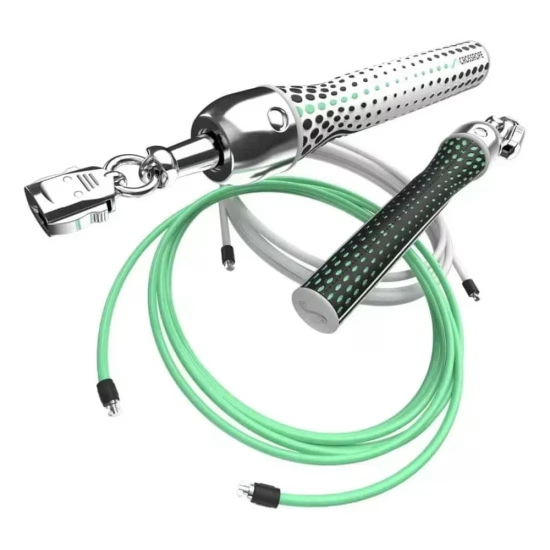Hearing Loss and Depression: What’s the Connection?
Hearing loss is a common condition that affects millions of people worldwide. While its impact is often thought to be primarily physical, there is an increasing recognition of its psychological effects, particularly its connection to depression. This article explores the relationship between hearing loss and depression, how they are linked, and the importance of seeking help for both conditions.
Understanding the Connection Between Hearing Loss and Depression
Hearing loss is more than just a physical impairment—it can also affect an individual’s emotional and psychological well-being. Several studies have found that individuals with hearing loss are at a higher risk of developing depression. The reasons for this connection are complex and multifaceted, involving both direct and indirect factors.
- Social Isolation and Withdrawal
Hearing loss often leads to difficulties in communication, making it harder to engage in conversations or participate in social activities. Over time, this can result in social isolation. People with hearing loss may begin to avoid social situations, leading to feelings of loneliness and exclusion. Social isolation is a well-known risk factor for depression, as individuals who feel disconnected from others may struggle with negative emotions and a sense of hopelessness. - Frustration and Emotional Stress
Living with hearing loss can be frustrating, especially when it interferes with daily activities or creates difficulties at work or home. The stress of not being able to hear clearly or keep up with conversations can lead to feelings of inadequacy, embarrassment, and low self-esteem. These emotional struggles can increase the risk of developing depression, as individuals may begin to feel overwhelmed by their condition. - Cognitive Decline
There is evidence to suggest that untreated hearing loss may accelerate cognitive decline, particularly in older adults. Cognitive issues such as memory loss or difficulty concentrating can exacerbate feelings of depression. Additionally, the cognitive load of trying to understand speech with hearing loss can cause mental fatigue, which further contributes to emotional distress. - Impact on Relationships
Hearing loss can also strain relationships. Misunderstandings, frustration, and communication breakdowns can lead to conflicts with family, friends, and colleagues. The resulting tension can lead to feelings of alienation and resentment, which may increase the risk of depression. - Increased Risk of Mental Health Issues
Research has shown that individuals with hearing loss are more likely to experience mental health conditions, including anxiety and depression. A study published in JAMA Otolaryngology found that adults with untreated hearing loss were more likely to report symptoms of depression than those with normal hearing. This highlights the importance of addressing both hearing loss and mental health concerns.
Signs of Depression in People with Hearing Loss
It’s important to recognize the signs of depression, particularly in individuals with hearing loss. Symptoms may include:
- Persistent sadness or irritability
- Loss of interest in activities once enjoyed
- Withdrawal from social interactions
- Changes in sleep patterns (either sleeping too much or too little)
- Feelings of hopelessness or worthlessness
- Difficulty concentrating or making decisions
- Physical symptoms such as fatigue or aches
If you or someone you know is experiencing these symptoms, it’s essential to seek professional help.
How to Address Both Hearing Loss and Depression
While hearing loss and depression are linked, both conditions are treatable. Here are some steps that can help manage both issues:
- Seek Professional Help
Consulting an audiologist is crucial for individuals with hearing loss. Hearing aids or other assistive devices can significantly improve hearing and reduce the social isolation that contributes to depression. If you are experiencing symptoms of depression, it’s also important to speak to a mental health professional who can provide therapy or recommend treatment options such as counseling or medication. - Use Hearing Aids or Assistive Technology
Hearing aids, cochlear implants, or other assistive technologies can help individuals with hearing loss to hear better and participate more fully in social situations. By improving communication, these devices can reduce the frustration and stress that contribute to depression. - Engage in Social Activities
Making a conscious effort to stay connected with others can help reduce the emotional toll of hearing loss. This might involve joining a support group for people with hearing loss, participating in activities that interest you, or making use of communication tools such as video calls or speech-to-text apps. - Practice Self-Care
Taking care of your mental health is just as important as taking care of your physical health. Engaging in regular exercise, maintaining a healthy diet, getting adequate sleep, and practicing relaxation techniques such as meditation or mindfulness can help improve both mental and physical well-being. - Educate Friends and Family
Educating friends and family members about hearing loss can also help improve communication and understanding. When loved ones are aware of the challenges someone with hearing loss faces, they can offer better support and reduce misunderstandings.
Conclusion
The connection between hearing loss and depression is a significant concern, but with the right support, both conditions can be managed. Addressing hearing loss with appropriate treatments, such as hearing aids, and seeking help for depression can significantly improve the quality of life. If you or someone you know is struggling with either condition, don’t hesitate to seek help from healthcare professionals.
Disclaimer: This article is for informational purposes only and should not be considered medical advice. If you are experiencing symptoms of hearing loss or depression, it is important to consult with a healthcare provider or mental health professional for diagnosis and treatment options.
References:
- National Institute on Deafness and Other Communication Disorders. (2020). Hearing Loss and Mental Health. https://www.nidcd.nih.gov
- JAMA Otolaryngology–Head & Neck Surgery. (2014). Hearing Loss and Depression in Older Adults: A Population-Based Study. JAMA Otolaryngol Head Neck Surg. 140(7): 609-616. doi:10.1001/jamaoto.2014.1063










